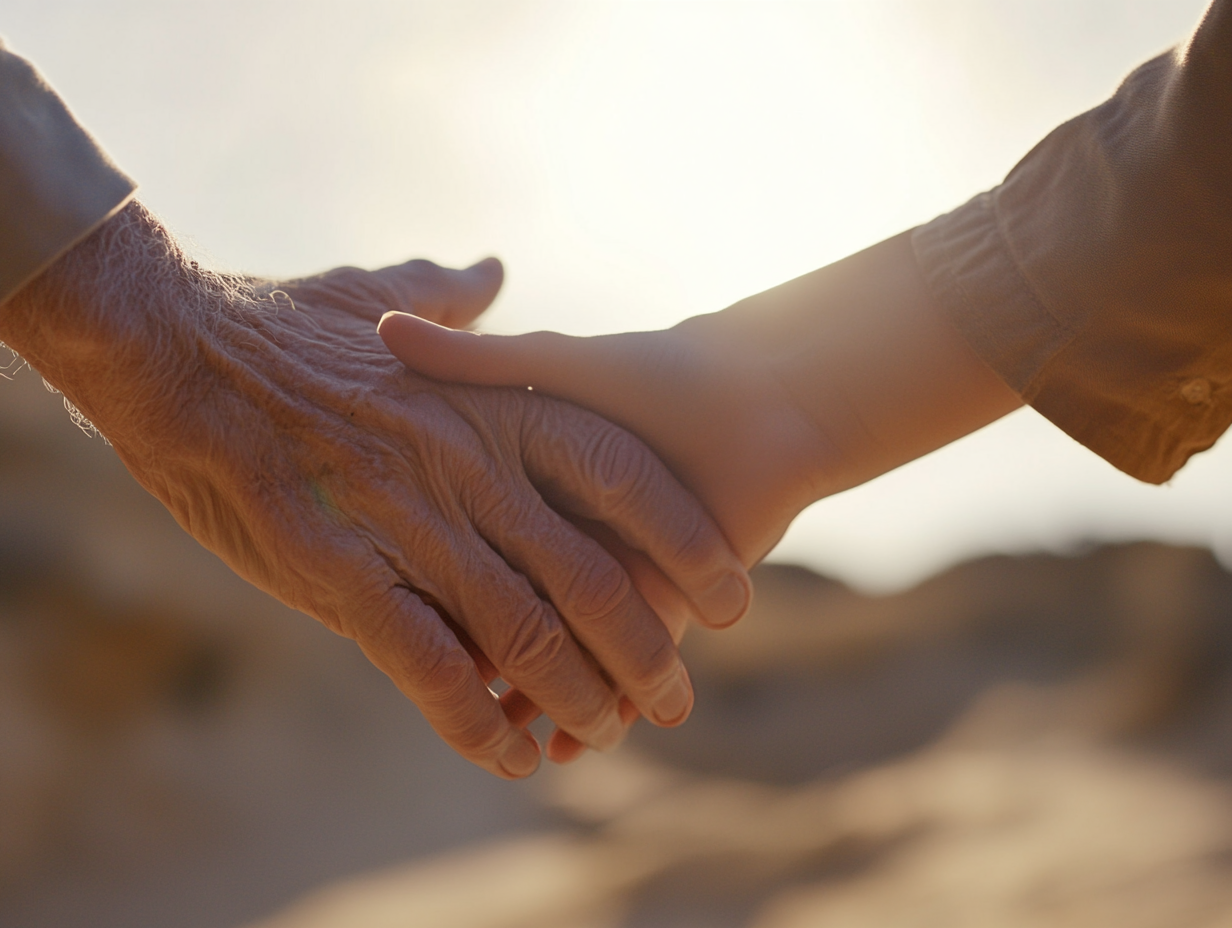Many of us were raised to be strong, self-reliant, and independent. We tell ourselves we should be able to manage on our own - even when life gets harder, our health changes, or daily tasks start to pile up.
But here’s the truth: asking for help isn’t weakness. It’s wisdom.
Whether you're managing memory changes, living alone, or supporting someone else - knowing when to reach out can make the difference between surviving and thriving. And the first step? Giving yourself permission.
In this article, we’ll explore why asking for help is so hard, why it matters, and how to take those first steps in a way that feels empowering - not overwhelming.
Why Asking for Help Feels Hard
It’s not just pride. There are real reasons we hesitate to reach out:
- Fear of being a burden
- Worry about losing independence
- Not knowing who to ask or what to say
- Guilt for needing help in the first place
- Stigma around aging, illness, or forgetfulness
But the reality is: we all need help sometimes. Aging isn’t a failure. Asking for support doesn’t mean giving up control - it means taking action to stay well, safe, and connected.
👉 Related reading: Feeling Frustrated With Yourself? Here’s a Kind Reminder
👉 Take a look at a publication on the National Library of Medicine on Help-Seeking Behaviours Among Older Adults if you are interested in the psychology behind it.
Signs It Might Be Time to Ask for Help
You don’t need to wait for a crisis to reach out. These are some gentle signs that some extra support might be helpful:
- You’re forgetting important appointments or tasks
- You feel exhausted trying to manage everything alone
- Your home or self-care routines feel harder to keep up
- You’ve been skipping meals or medications
- You feel isolated or emotionally drained
- You’re concerned about your safety or health
Asking for help early can prevent bigger issues later. It’s a proactive, protective step.
How to Start Asking for Help
1. Start Small
You don’t have to ask for everything all at once. Begin with one task:
- “Could you remind me to take my medication in the morning?”
- “Would you be open to helping me get to the store once a week?”
- “Could we schedule a regular check-in call?”
Small requests build trust and comfort - for you and for others.
2. Be Clear and Direct
People want to help - but they often don’t know how. Try:
- “I’ve been having trouble remembering things lately. Would you mind helping me set some reminders?”
- “It’s getting harder to manage meals on my own. Do you have any tips or could we plan a few together?”
Clarity helps others step in with confidence, not confusion.
3. Use Technology as a Bridge
Asking for help doesn’t always mean asking in person. Tools like the Elli Cares app allow you to connect with loved ones without always needing to explain everything out loud.
With Elli Cares, you can:
- Set up reminders for daily tasks, medications, hydration, and more
- Share video prompts from family - so support feels personal
- Build a Care Team of trusted people who can keep an eye on how you’re doing
- Track your mood and symptoms to spot patterns and feel heard
Who Can You Ask?
Support can come from many sources:
- Family or close friends – even just one trusted person can make a difference
- Neighbors – someone nearby who can check in or lend a hand
- Community groups or faith-based networks
- Healthcare providers – doctors, nurses, social workers
- Support organisations – Regional and National Aged Care or Alzheimer's and Dementia organisations, senior services, local councils
There’s also growing support online - forums, virtual meetups, and apps like Elli Cares that provide remote assistance and oversight without being invasive.
Reframing What Help Means
Let’s shift the narrative.
Help isn’t something you need because you’re failing.
It’s something we all need to live well - especially as life evolves.
Think of it like wearing glasses. You don’t feel weak for using them - you use them to function clearly and confidently. Asking for help is no different.
You’re Still You
Asking for help doesn’t change who you are. It doesn’t erase your independence, your strength, or your ability to make decisions.
In fact, it’s one of the most powerful decisions you can make.
At Elli Cares, we’re here to support your independence - not take it away. Whether you need a little help remembering things, a nudge to hydrate, or a quiet way for family to stay in the loop - we’re building tools that feel like support, not surveillance.
Because no one should have to manage everything alone.
👉 Learn more at www.elliapp.co








